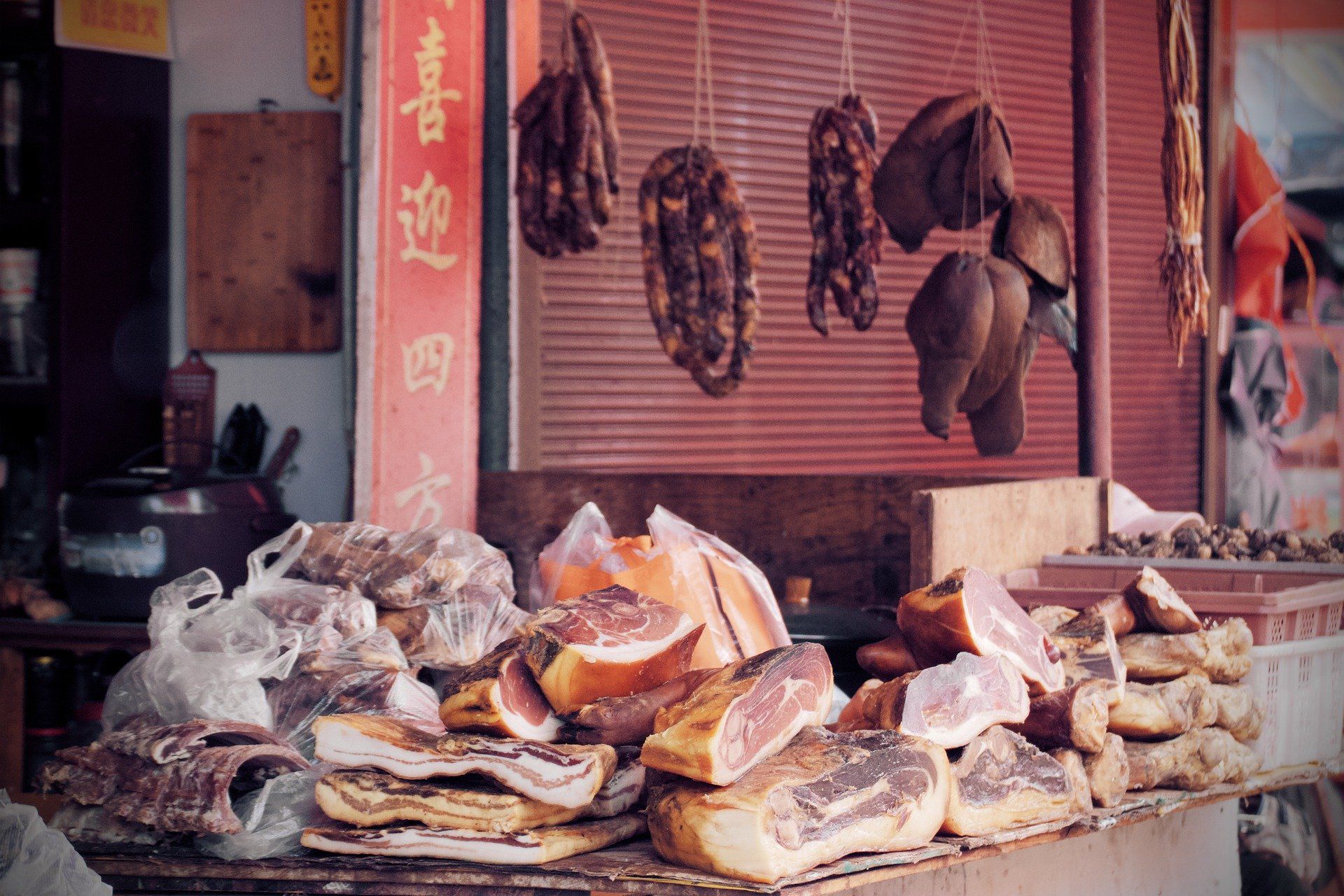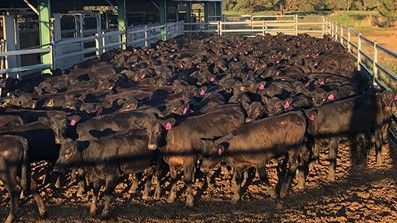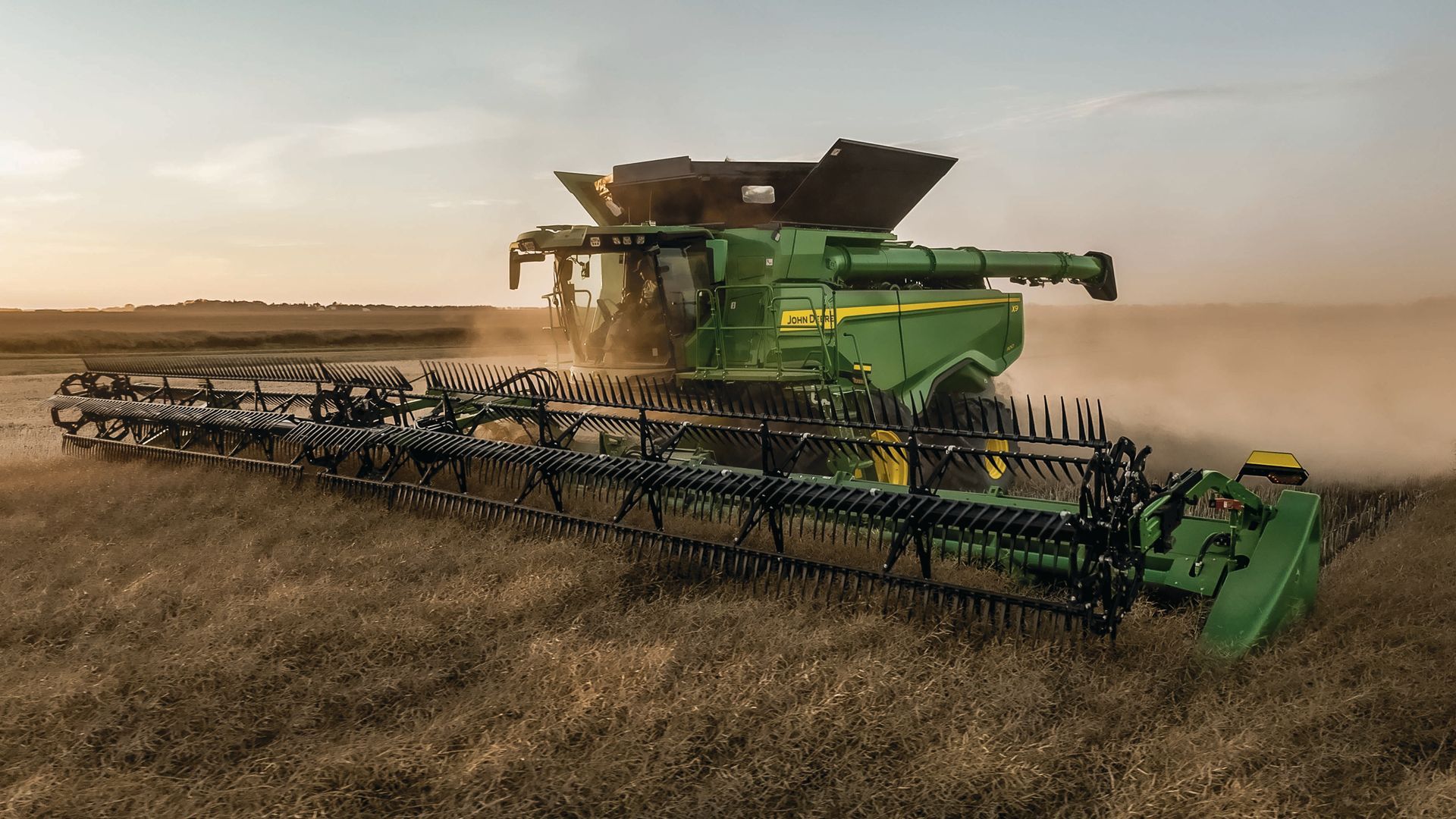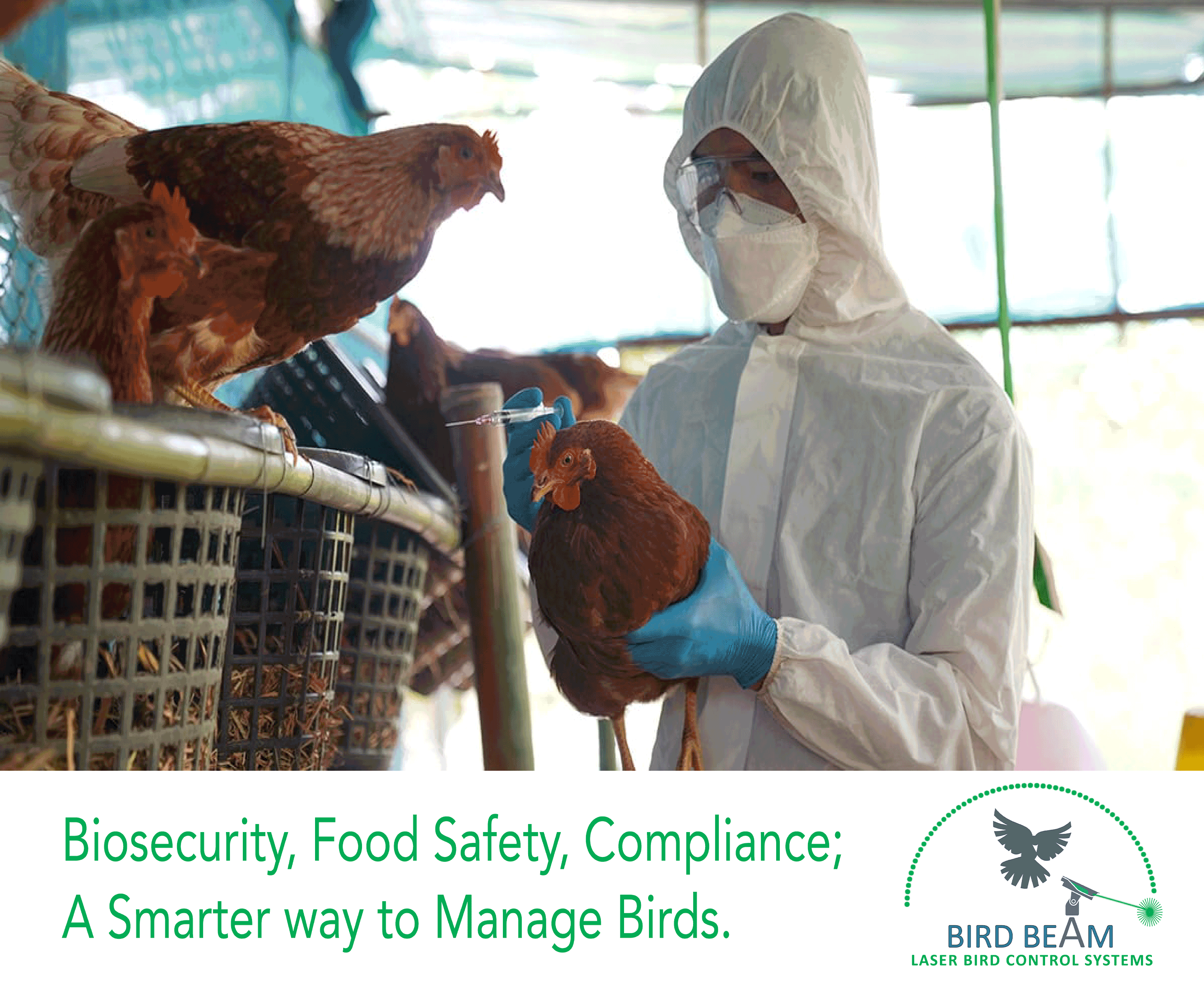1MG FlippingBooks
Blog Post
China slaps tariffs on barley, bans Australian abattoirs
Staff Writers

China is increasing tariffs on Australian barley by 80 percent and has imposed a ban on beef from four major Australian abattoirs, as diplomatic relations between the countries are strained by the coronavirus.
Whilst Australia has historically maintained a mutually beneficial trade partnership with China, Australia’s desire for an inquiry into the origin of the novel coronavirus may hurt its agricultural export sector significantly.
Chinese state-run media has referred to Australia as ‘gum stuck on the bottom of China’s shoe’, following Australia’s call for transparency in COVID investigations hinting at potential boycotts of Australian products.
The National Farmers Federation (NFF) has stated their concern at the growing disruptions to agricultural trade between Australia and The People’s Republic of China.
“Two-thirds of Australia’s farm production is exported. Almost one-third of this, 28%, is being exported to China, including 18% of our total beef production and 49% of our barley” said NFF President Fiona Simson.
“China is an important market to Australia for a range of commodities including wool, cotton, grain, dairy, seafood, and horticulture” Simson continued.
The barley tariffs follow from an 18-month investigation into claims that China was dumping Australian products at a lower price than what it was originally worth.
The abattoir bans account for one-fifth of Australia’s beef exports to China, with China pointing to alleged breaches of China’s labeling and health certificate requirements, to justify the ban. In some cases the breaches dated back over 12 months.
Speaking to the ABC, CEO of the Australian Meat Industry Council Patrick Hutchinson said that the abattoirs that were shut down accounted for 20-30 percent of red meat exports to China, a trade that is annually worth billions of dollars to Australian farmers.
The NFF hopes that China’s trade interventions will cease here.
“We recognize in relationships as significant as that between Australia and China, from time to time, issues do arise” said Simson.
Simson also noted that the agriculture industry had the potential to “soften the blow” of the COVID - 19 pandemic on the Australian economy, at a time when many other sectors have felt immense pressure.
“Maintaining and growing our farm exports will be a key component to our nation weathering the COVID-19 pandemic” said Simson.
Minister for Trade, Tourism, and Investment Simon Birmingham echoes this sentiment and said that Australia’s intention “is to work as cooperatively as we can with our partners across the region and the world”.
Share
Tweet
Share
Mail
NEWS

By Michael Crowley
•
February 10, 2025
Following from another record year for beef production and exports, we anticipate opportunities for Australian beef to continue into 2025, especially in markets like the US which is in a cattle herd rebuild and was our number one export destination for beef in 2024.
A selection of The Australian Farmer Sponsors - Click on a banner below to find out more...















